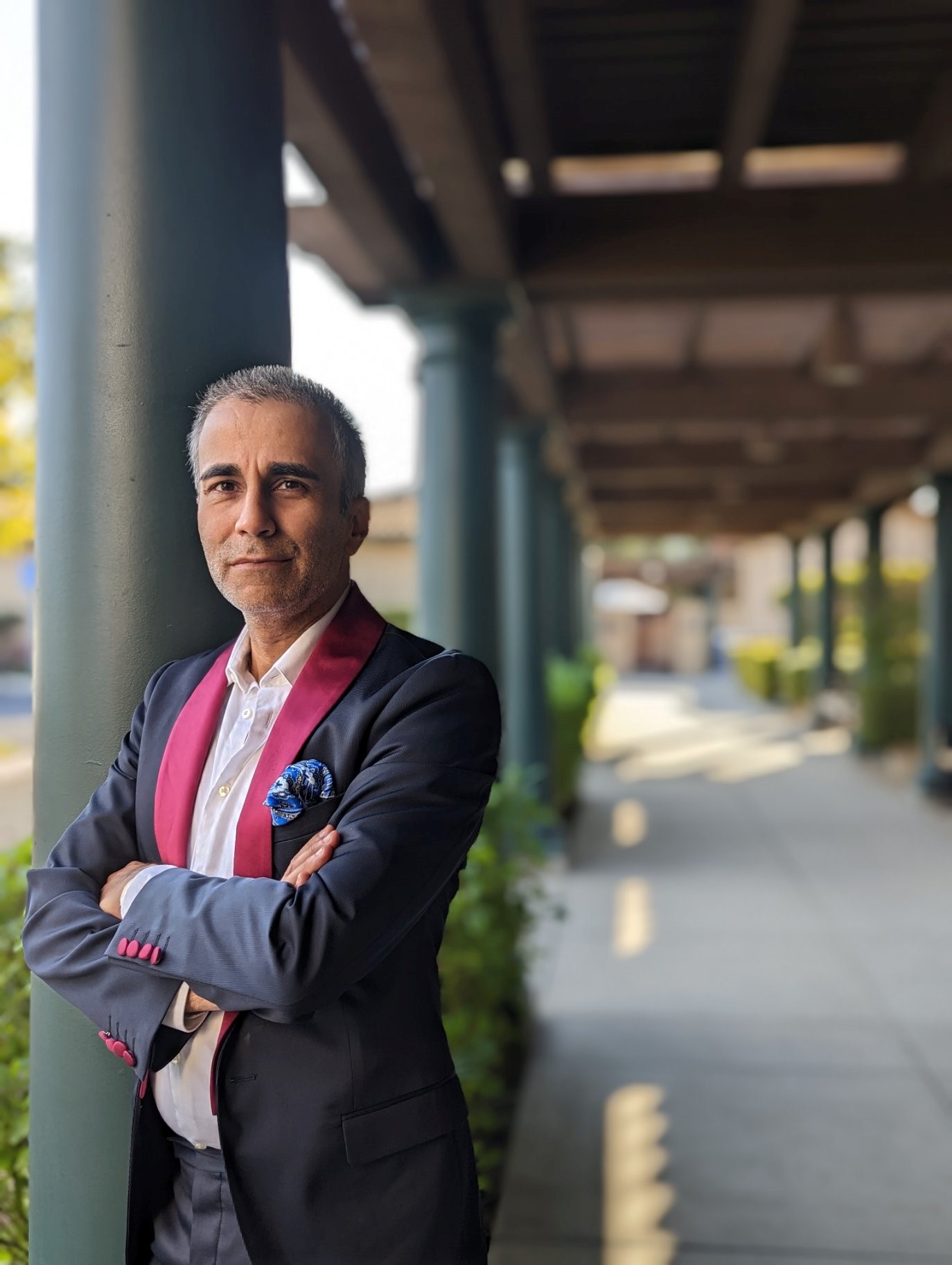The 2nd Circuit in Irizarry v. Catsimatidis, Docket No. 11-4035-cv. (July 9, 2013) held that the CEO of NYC Grocery Chain Gristedis was personally liable for wage theft and not paying his employees overtime pay. 
The case arose out of a prior Fair Labor Standards Act (FLSA) class action lawsuit in the Southern District of New York against Gristedes for overtime pay. In December 2010, the parties reached a settlement agreement with Gristedes to make payments over 27 months. As Gristedes fell behind in payments, the plaintiffs sought to hold the grocer’s CEO, Castimatidis, personally liable for those settlement payments. The district court held that Catsimatidis could be held personally responsible for the payments because he acted as an “employer” under the FLSA and New York law.
Catsimatidis argued that in order to be an “employer” under the FLSA, an individual must exercise decision-making in a “day-to-day” capacity, and that his involvement in the company’s operation was only symbolic or ceremonial in character. The plaintiffs countered that Catsimatidis actions was more than simply ceremonial and that he made chain-wide purchasing decisions, contacted vendors, visited a handful of stores on a weekly basis, frequently made suggestions about sales and merchandising to individual store managers, and discussed customer complaints with individual employees.
The Second Circuit explained that the question of whether Catsimatidis was an “employer” under the FLSA must be determined by looking at the “economic realities” of his position at the company, including whether there was “evidence showing his authority over management, supervision, and oversight of [Gristede’s] affairs in general,” as well as evidence reflecting Catsimatidis’s exercise of direct control over the employees. Applying these considerations, the Court found that the evidence of Catsimatidis’ activities as chairman, president, and CEO of Gristedes, which included handling real estate, banking, financial, merchandising, vendor, and government relations issues, among others, demonstrated that he had functional control over the enterprise as a whole. In addition, Catsimatidis was responsible for the hiring and supervision of managerial employees, who, in turn, created and enforced company policy, had overall financial control of the company, including ultimate responsibility for the plaintiffs’ wages, and engaged in occasional oversight activities at individual stores. Based on these factors the Second Circuit concluded that Catsimatidis “possessed, and exercised, ‘operational control’ over the plaintiffs’ employment, sufficient to render him an employer for purposes of the FLSA.




